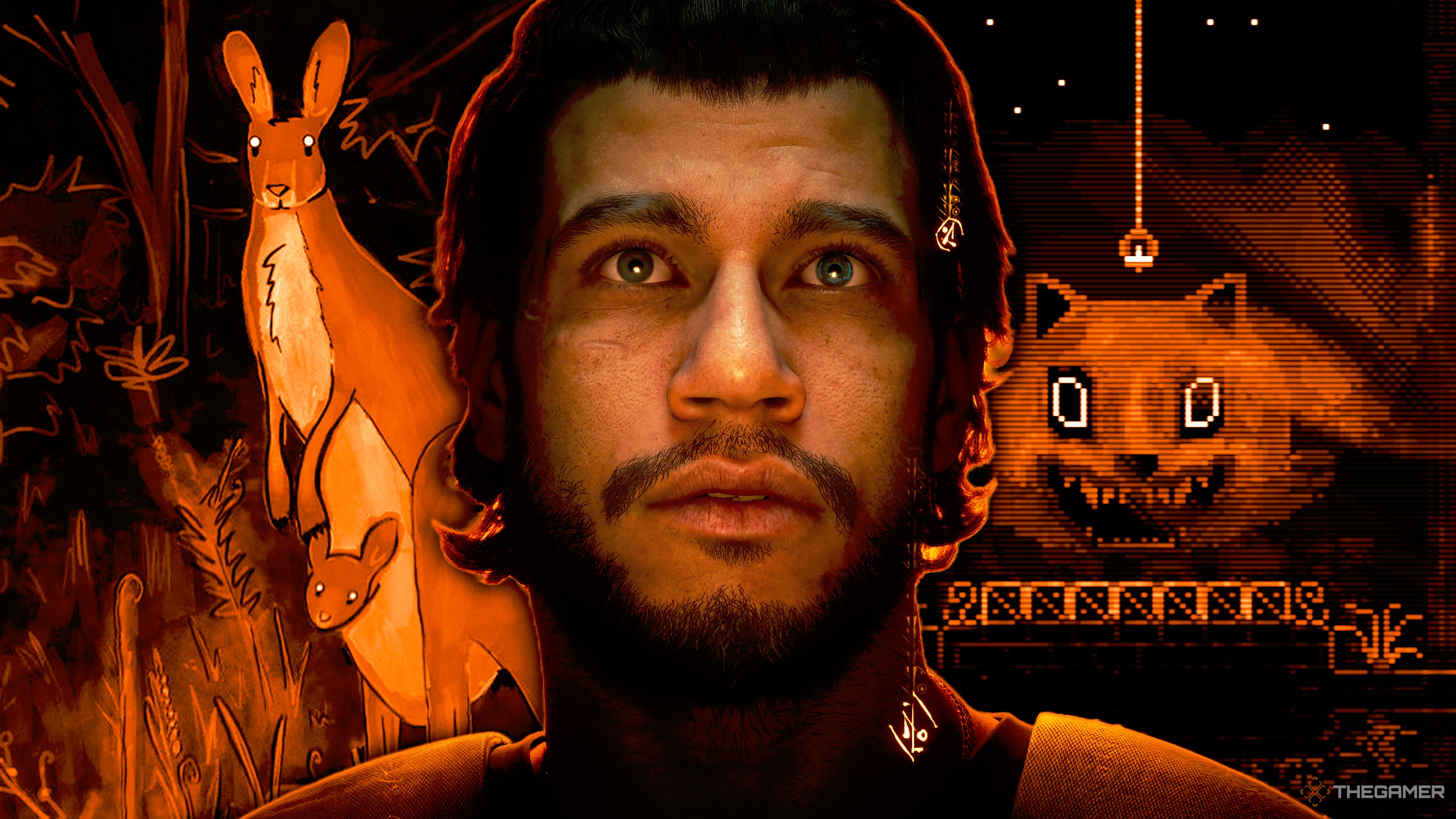
IO Interactive self-published Hitman 3, and is doing the same for 007 First Light. It makes sense, given that the studio seemed to have a poor relationship with Square Enix, which published Hitman: Absolution and Hitman (2016), and only went with Warner Bros., instead of self-publishing Hitman 2, due to money problems. If you want it done right, why not do it yourself? And the DIY approach worked out pretty well. Hitman 3 was a critically acclaimed success, and the forthcoming Bond game looks sick — even if I do wish it were more like Hitman.
Given IO's penchant for quality, it's deeply strange that the only time it has published another studio's game was MindsEye. Build a Rocket Boy's debut title is the worst-reviewed game of 2025, with a 37 on Metacritic. It suffered a disastrous launch so bad that PlayStation even made the rare step of offering refunds to players unfortunate enough to shell out for it.
Though I'm still planning to pick it up in June 2026.
Should MindsEye Really Be The End Of IOI Partners?
This has had the unfortunate side effect of prompting IO to rethink IOI Partners, its external publishing wing.
"That was definitely tough, right?" IO CEO Hakan Abrak said of MindsEye's launch in an interview with IGN. "It was a tough reception. It wasn't what they hoped for, and also what we didn't hope for at IOI Partners. They're working hard on turning that around to regain the trust of the gamers out there, and they have tons of potential and content they're working on. So hopefully they'll succeed with that in the future."
via Build A Rocket BoyThough Abrak noted that IO would continue to self-publish its internally developed games, the future was uncertain for games made outside the studio. "IOI Partners?" he said. "That remains to be seen." But doing away with IOI Partners misses the point. It's not that IO shouldn't be partnering with external developers to publish games. It's that those games shouldn't be attempting what MindsEye was.
IO Should Take Some Inspiration From Dunkey
Much smaller outfits than IO Interactive — which reportedly had 500 employees as of this year — have successfully published games. Devolver Digital has roughly 200 fewer employees than IO, and has published some of the best indies of the last 15 years, games like Enter the Gungeon, Fall Guys, Inscryption, Anger Foot, Hotline Miami, and Downwell. Those games range in size, ambition, and aesthetic, but none are triple-A in scale.
Even when developers get in the game as publishers, they tend to start with games that are much smaller than what they develop themselves. Gearbox has published a few triple-A games — like Godfall — but most of the external games it has published have been significantly smaller than its Borderlands series. We Happy Few is decidedly double-A, while Risk of Rain 2 and Tribes of Midgard are clear-cut indies.
It did, briefly, publish Fortnite, the biggest game in the world… but only the physical editions of the pre-battle royale version of the game.
IO wouldn't even need to be involved from the beginning. It could take a page out of Dunkey's book. The YouTuber's publisher, Bigmode, found a metroidvania that was in development, gave the developer funding and a big PR push, and voila: Animal Well became an indie phenomenon and one of the best-reviewed games of last year. It doesn't always go that way, and Bigmode's follow-up, Star of Providence, making little impact, is proof. But a publisher can take a series of small bets instead of putting it all on black its first time at the table.
IO Interactive is a triple-A studio, so I understand the impulse to publish triple-A games. It keeps the brand consistent. But a game like MindsEye is a big risk. A big, expensive game that looks like a big, expensive game falls much harder than a modestly scaled indie. IO shouldn't give up on IOI Partners. It just needs to choose those partners more carefully.













